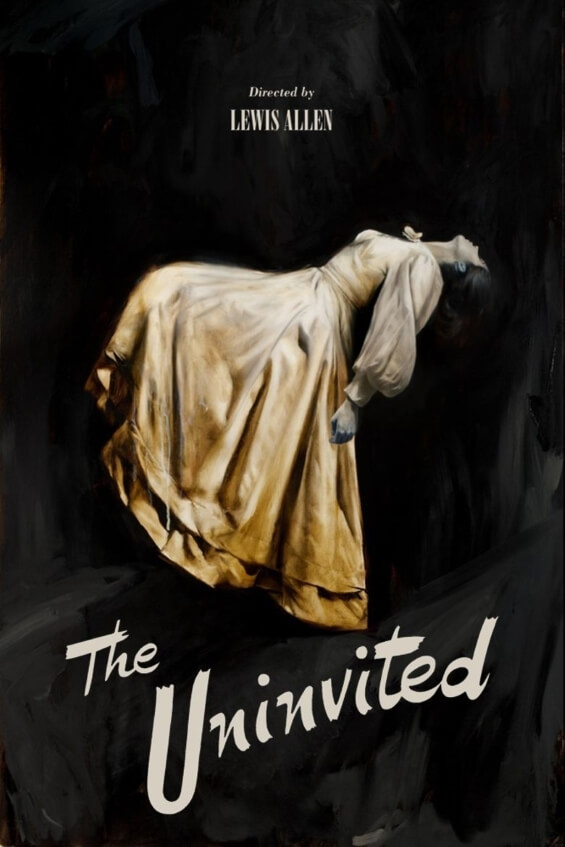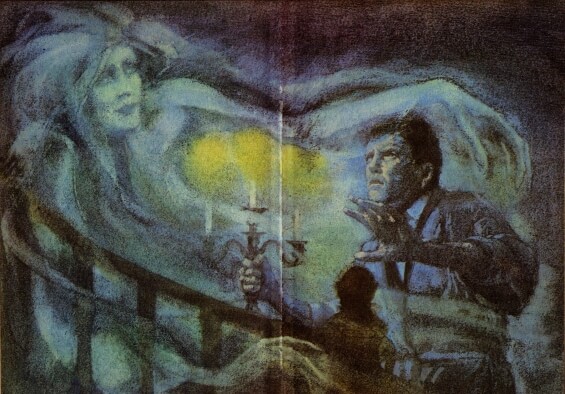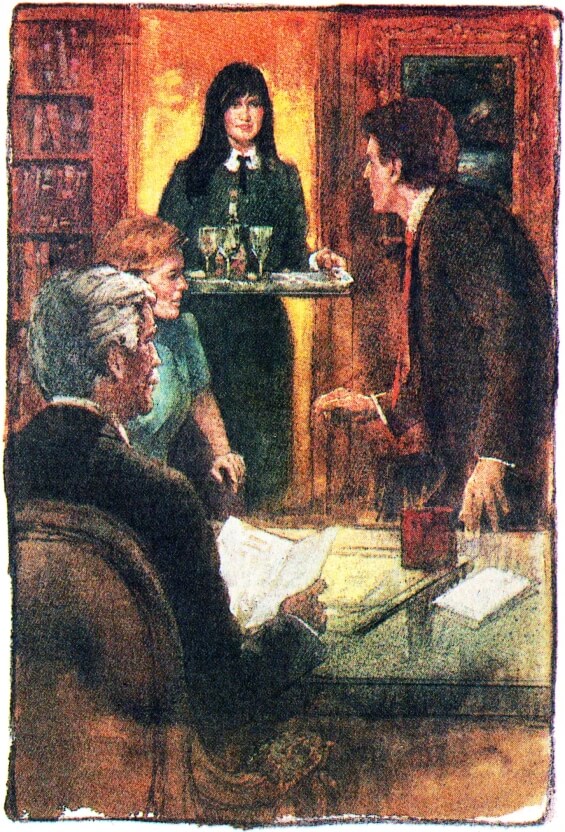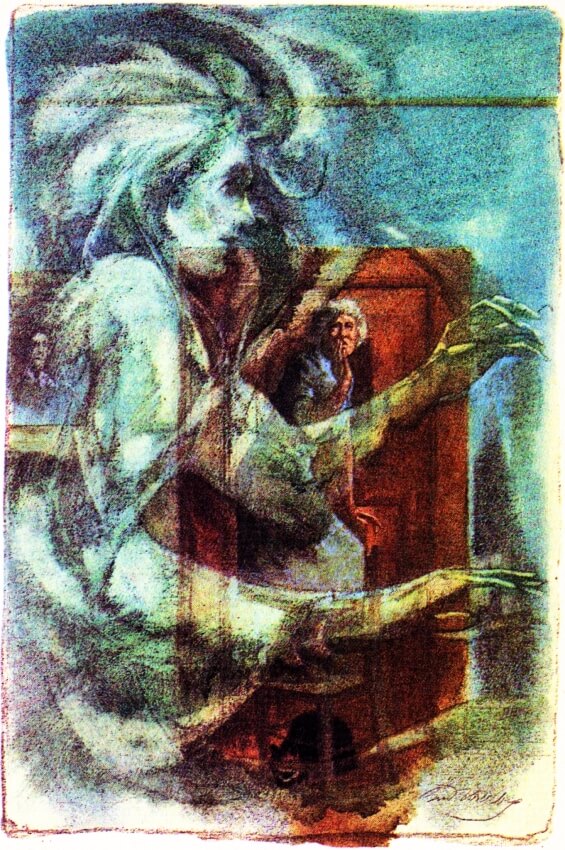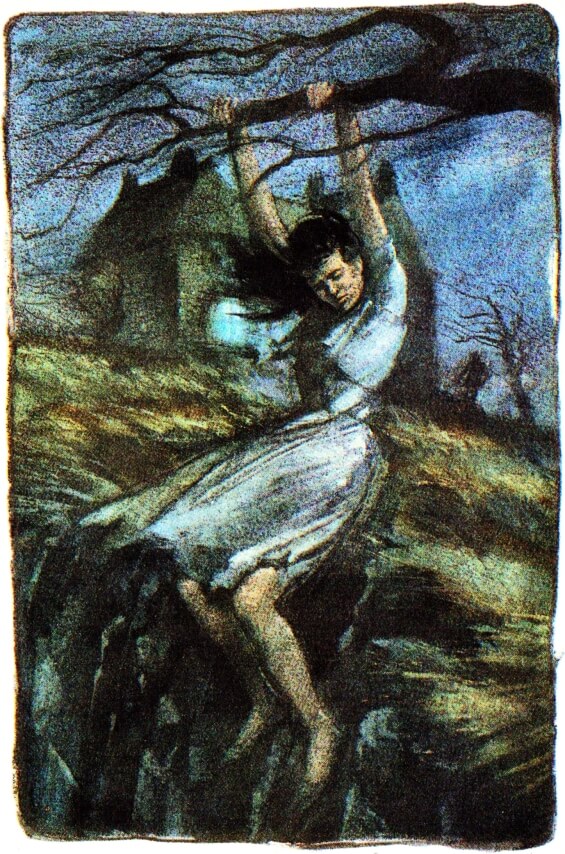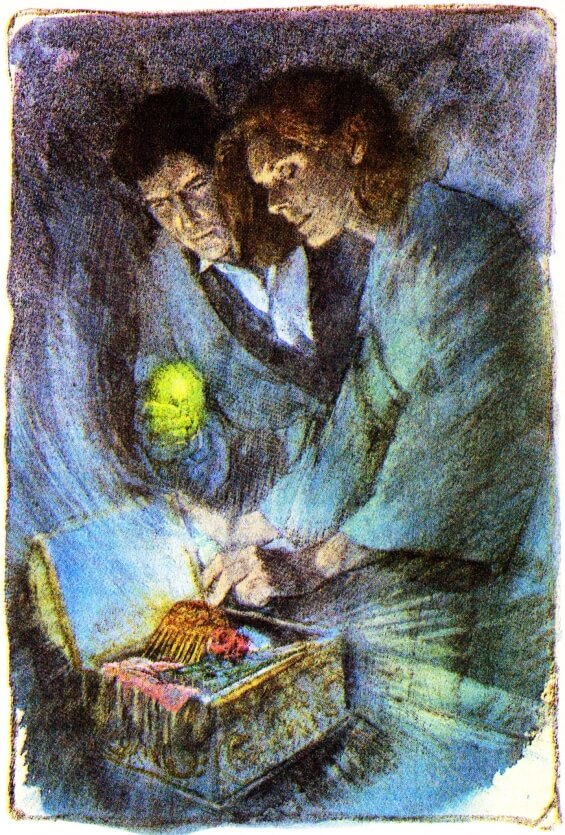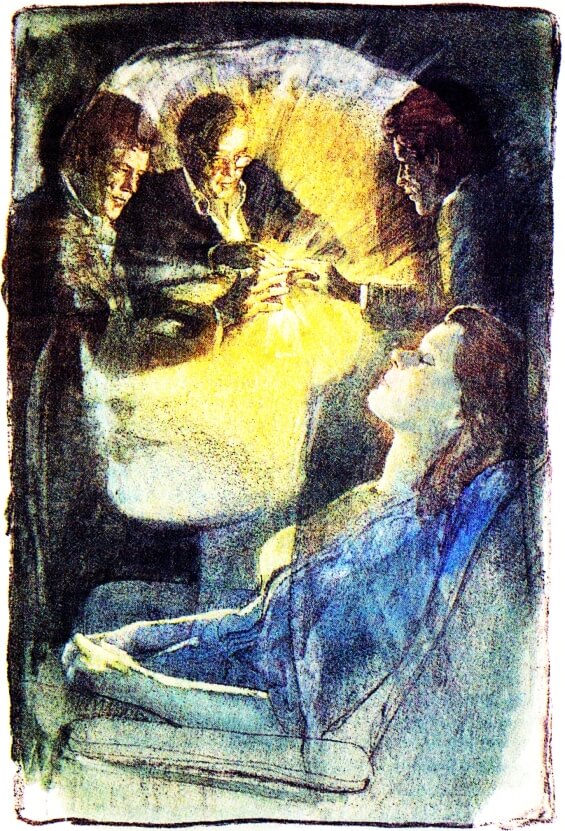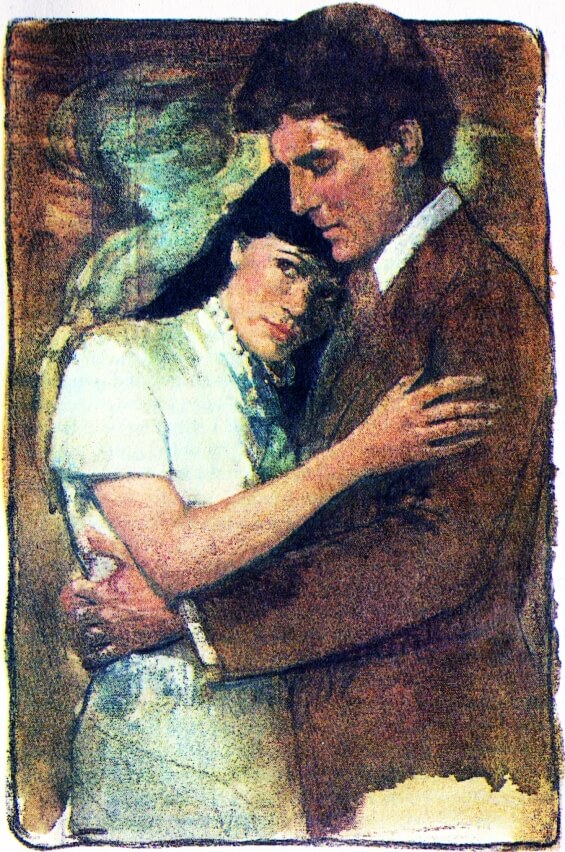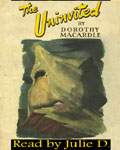
 The SFFaudio Podcast #445 – Jesse, Paul, Mr Jim Moon, and Bryan Alexander talk about Citadel Of Fear by Francis Stevens
The SFFaudio Podcast #445 – Jesse, Paul, Mr Jim Moon, and Bryan Alexander talk about Citadel Of Fear by Francis Stevens
Talked about on today’s show:
1918, Famous Fantastic Mysteries, 1970, Friend Island, interview with a sea-woman, “peace ships”, women are grizzled teetotallers, The Elf-Trap, Carcassone, Kentucky, Carolina, so obscure, an artists colony, she’s kind of like a female Lovecraft, hidden beyond normal perceptions, Gertrude Mable Barrows Bennett, A. Merritt, pure raving pulp, impressive, giant narrative yank, Neal Stephenson, a little Tim Powers-y, lost civilization, H. Rider Haggard, come back to haunt him, the lost city, strangled to death by a python, Boots = Colin, character names, The Mound by H.P. Lovecraft and Zealia Bishop, a Doctor Moreau in the suburbs, very melodramatic, a giant killer ape called “Genghis Khan”, a sub-sub genre of killer gorillas, the whole Aztec mythology, a sub-boss, a strangely international novel, the Irish nature of the heroes, Mexico present and past, a whole raft of gods, Egyptian and Japanese gods, undisciplined, scene by scene, two dudes wandering through the desert, The Monster Men by Edgar Rice Burroughs, David Stifel, a created creature, a man without a soul, pirates, machine gunning scenes, mixing it up, completely spurious quote from H.P. Lovecraft, the elder gods called out, “wonderful and tragic allegory… amazing, thrilling”, The Curse Of Yig, strange monsters, mad science and ancient sorcereies, a bizarre fungal-oid process, The Shunned House, always bringing it back to the domestic, the female characters are at least as powerful as the male, a house attacked, a domestic dispute, the manifestation of Quetzalcoatl, the Goodreads summary:
Two adventurers discover a lost city in the Mexican jungle. One is taken over by an evil god while the other falls in love with a woman from Tlapallan. Back in the states, the possessed man begins to use magic to mutate civilians. The other walks away, but the pair must duel in the end.
dry and desiccated hills, romance, Julie Davis:
“This is a very enjoyable combination of lost world, Lovecraftian monsters, H.G. Wells, and (of course!) a romance. I especially liked the fact that the people who believe the supernatural reality the fastest are Irish. They are used to their Celtic gods and tales, natch!”
the Rabid Puppies, a light quick and very praising review, undisciplined, what does this mean?, it’s like Eden, there’s a snake, foreshadowing, not well planned out, because it was serialized…, how much did Stevens know, wading around in Aztec mythology, Deities & Demigods, Doctor Who: The Aztecs, sharing a cup of chocolate, the look on Hartnell’s face, Aliette de Bodard, the mindset of a priest of an Aztec god, Grant Morrison’s The Invisibles, Q (1982), Amy H. Sturgis, cave-men days, the reversal of The Time Machine, The Daleks, a beautiful allegory, a bottle episode, Marco Polo, dropped into an alien culture, a description from Barbara of what the Aztec culture was like, Temple Of Evil, a garden for the retirees, retirement age of 52, a plurality of viewpoints, save them from Cortez, profoundly affected, Quetzalcoatl has 400 hit points and infinite movement, the Irish aspect, as readers of Lovecraft know…, immigration restriction, Irish heroes, extra big, extra strong, extra smart, the Irish cop, tough and sarcastic, Robert E. Howard, Dorothy Macardle’s The Uninvited, the Celtic connection to all things bogey, bugaboos, our “Nordic character”, you can’t shoot that, Sven Bjornsen and his wife Astrid, the Norse as the ideal, the Nazis, Lovecraft’s respect for the Scandinavians, the strange pacings, a kaleidoscope, the plot was getting away from her, the classic cliffhanger, Tlalpan, Cortez as the reincarnation of Quetzalcoatl, Montezuma’s failure to act, Cortez as a canny operator, Francisco Pizarro, the British and French and Portuguese in India, set between two small towns that don’t exist, Steven’s husband, the domestic spheres, household events, going through doorways, a lot of doorway stuff, liminal, wrong-footing, a civil war, the Cortez moment, almost a retelling, booted out, a sense of something else, this isn’t a triumphant colonial novel, The Man Who Would Be King, the white hounds, The Hound Of The Baskervilles, the place of black and red, the skin colour of the household, the “greaser”, The Electric Executioner by Adolphe de Castro and H.P. Lovecraft (is TERRIBLE!), are the hounds the disease?, the Wild Hunt, elves, lost world, strange city, Jack Vance, the black stone of evil incarnate, Robert E. Howard-y vs. Edgar Rice Burroughs-y, adventure pulp, domestic supernatural, Conjure Wife by Fritz Leiber, Chapter 6: The Black Eidolon, unevenly constructed paragraphs, kind of weird, always going back to the bungalow and the veranda, being a wife means being in a home, Philip K. Dick’s characters hang out in southern California, there’s something meta about everything she does, too diverse?, a boldy feminist piece, Fahrenheit 451 has gravitas because it’s dystopic, The Hitchhikker’s Guide’s To The Galaxy, Harry Harrison, John Scalzi, comedic science fiction novels, falling absolutely flat, playing with our expectations, closing towards the end, leaving Talapalan, back to domestic concerns, the power of Dracula, Undine, ancient Mexican deities and monsters, 1918, invasion, Cecil Rhodes, Rhodesia, Great Work Of Time by John Crowley, a steam-punk utopia, a gorgeous writer, a haunting writer, it turns on Rhodes, what’s up with Anne Of Green Gables?, parallels, Chapter 24, a reversal of the first scene, the kitchen sink, a weird balance between the Irish Celtic and the Aztec and the Mexican, Neil Gaiman-y, H.P. Lovecraft would have taken her to task over her structuring, disconcerting and unfamiliar, Doctor Reed’s compound, fungous creatures shaped by thoughts, albino marsh, a red flap, a gold chair, fortress of fear, one of the problems, Thor has a hammer, a twin, the complexity, the collapse of Aztec civilization, the Norns vs. the Fates, Cold War 2.0, Greek and Roman mythology, Latina and Greek, Pallas Athena, different periods, semi-appropriating, Theseus, different emphases, Greco-Roman culture, feudalism, The Marriage Of Cadmus And Harmony by Roberto Calasso, genre history, bursting with intelligence and ideas.

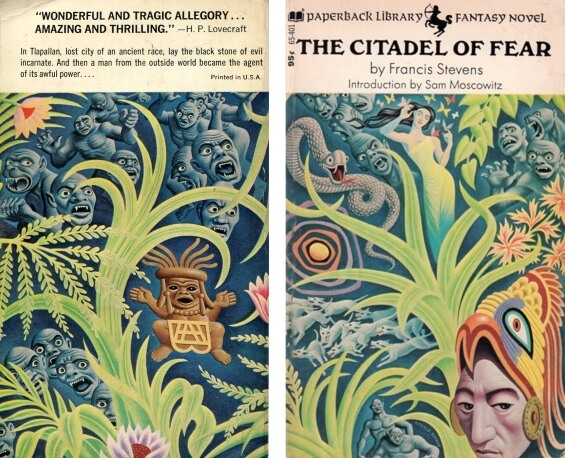
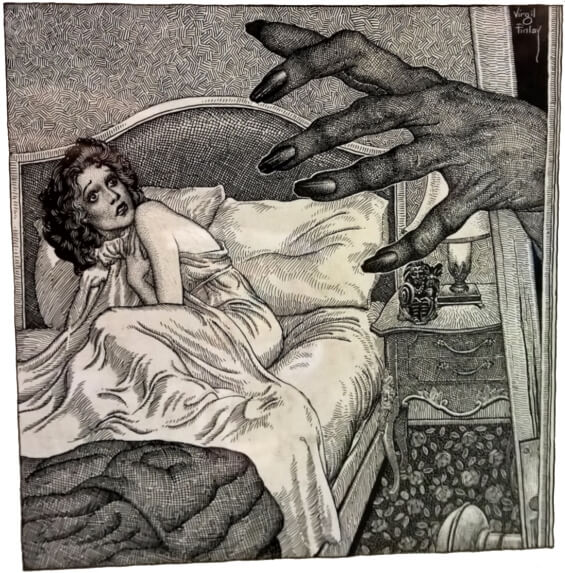
Posted by Jesse Willis
